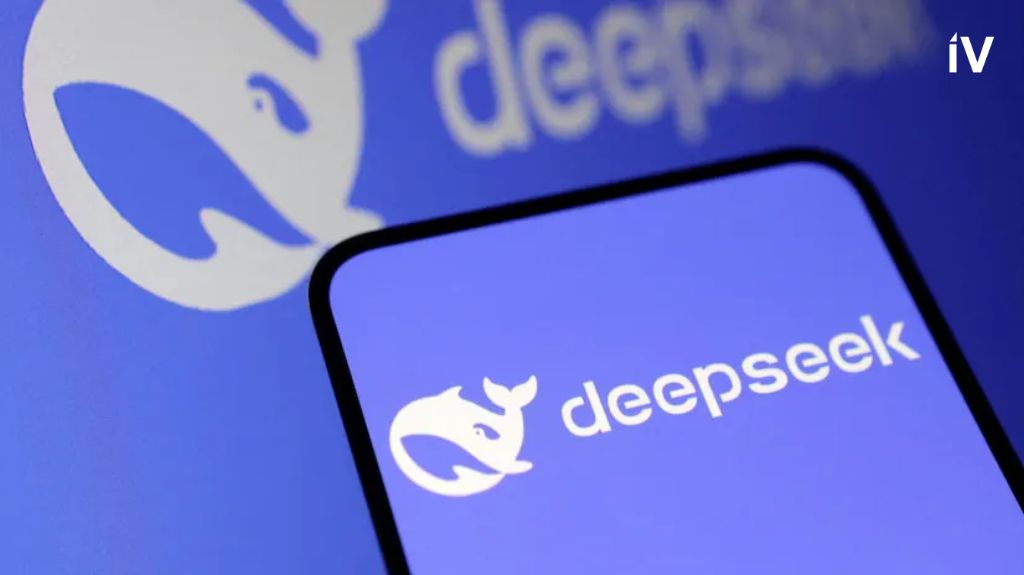India's digital landscape is witnessing a surge in the adoption of artificial intelligence (AI) tools, and recent data indicates a significant milestone: India ranks fourth globally in terms of traffic to DeepSeek, a rapidly growing AI platform. This ranking highlights India's increasing engagement with AI technology and its potential to become a major player in the global AI ecosystem.
DeepSeek, a Chinese AI startup founded in 2023, has quickly gained international recognition for its advanced AI chatbot and open-source R1 reasoning model. In February 2025, DeepSeek surpassed OpenAI's ChatGPT in new monthly website visits, recording 524.7 million visits compared to ChatGPT's 500 million. This surge in popularity reflects DeepSeek's increasing market share and its ability to attract users with its cost-efficient model that rivals leading US-based AI chatbots.
According to data from the AI analytics platform aitools.xyz, India accounted for 43.36 million visits to DeepSeek's AI chatbot website in February 2025. This places India behind China, which leads in AI tool adoption with 221.6 million visits, and other countries. This substantial traffic from India underscores the country's growing interest in and utilization of AI technologies.
Several factors contribute to India's high DeepSeek traffic ranking. The country's large and rapidly growing internet user base, coupled with increasing awareness and adoption of AI, creates a fertile ground for AI platforms like DeepSeek. Furthermore, India's strong IT sector and its focus on technological innovation contribute to the growing demand for AI tools and services.
The increasing use of AI in India spans various sectors, including traffic management, urban planning, and security. In traffic management, AI-powered solutions are being implemented to analyze real-time traffic data, predict congestion, and optimize traffic flow. For instance, cities like Bengaluru and Pune have deployed intelligent traffic management systems that leverage AI to reduce delays and enhance road safety. These initiatives demonstrate the potential of AI to address India's unique challenges related to urbanization and infrastructure limitations.
Moreover, the Indian government is actively promoting the use of AI through initiatives like the Smart Cities Mission and the Onboard Driver Assistance Warning System (ODWAS) for public transportation. These projects aim to leverage AI to improve urban living standards, enhance safety, and promote sustainable development.
While India's DeepSeek traffic ranking is a positive indicator of AI adoption, it's important to note that challenges remain. Ensuring data privacy and security, addressing ethical concerns related to AI, and bridging the digital divide are crucial steps to maximize the benefits of AI while mitigating potential risks.
In conclusion, India's fourth-place ranking in global traffic to DeepSeek signifies the country's growing engagement with AI technology. As India continues to invest in AI research and development, promote AI adoption across various sectors, and address the associated challenges, it is poised to emerge as a significant player in the global AI landscape.

















